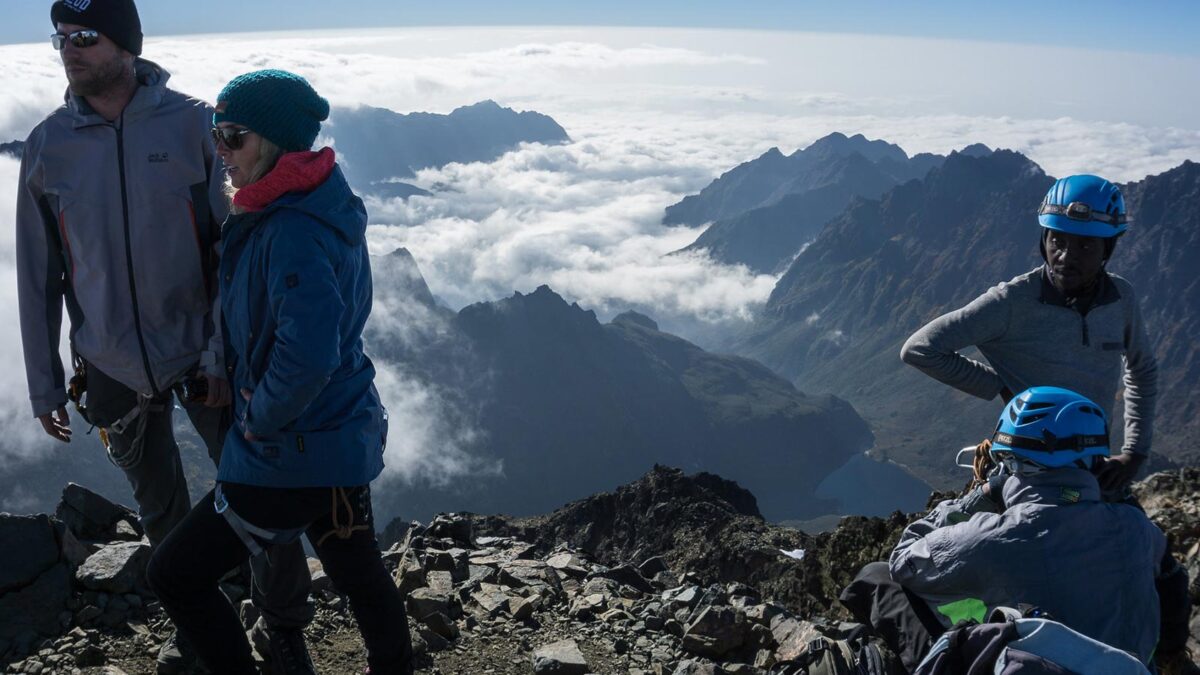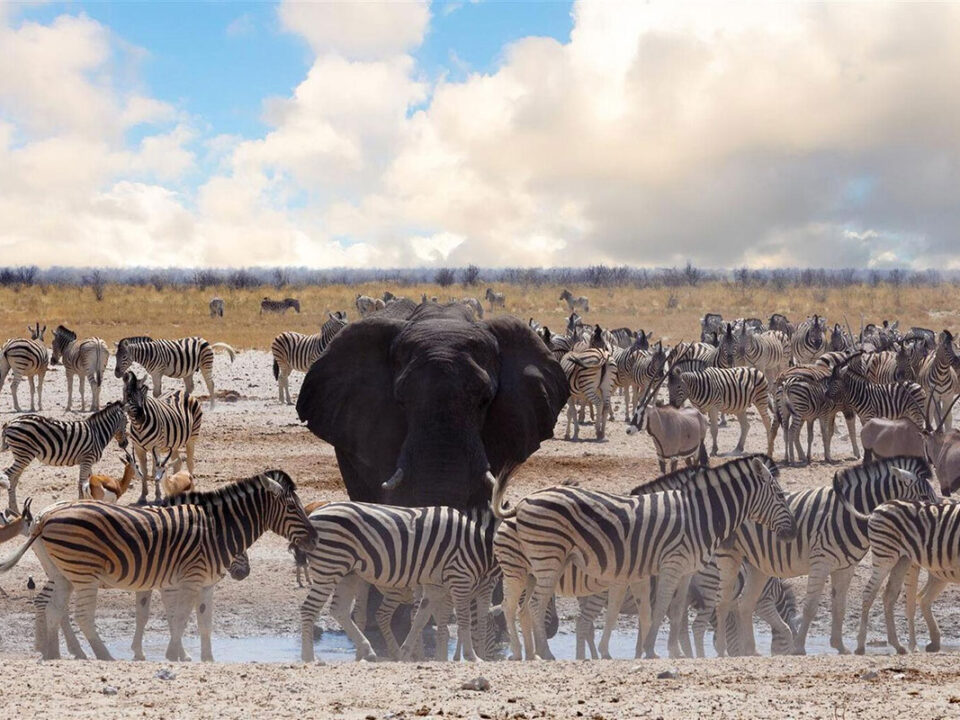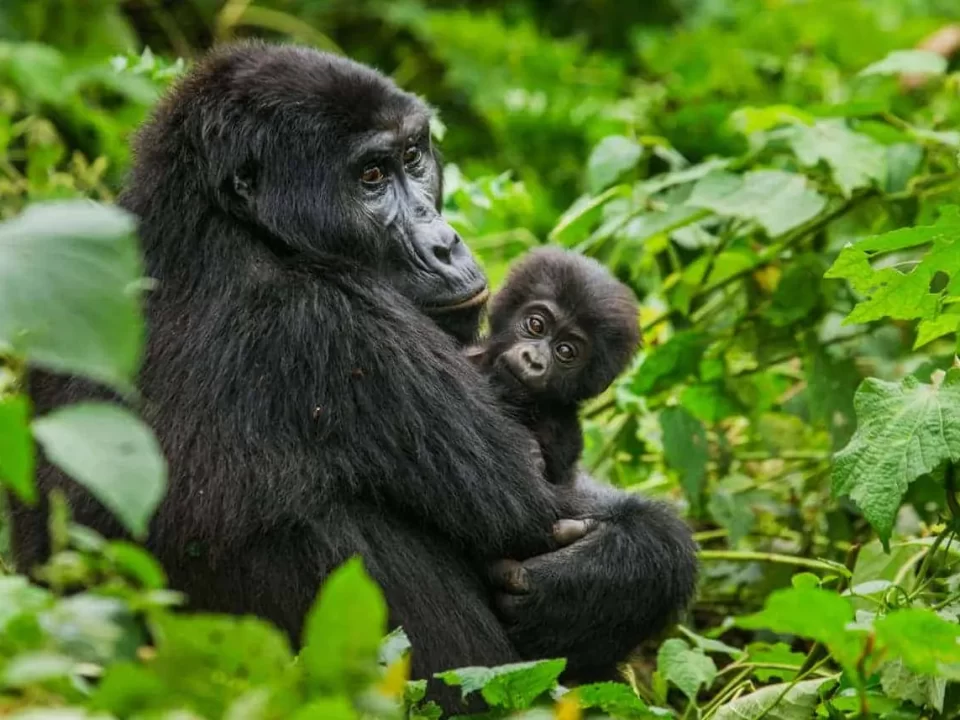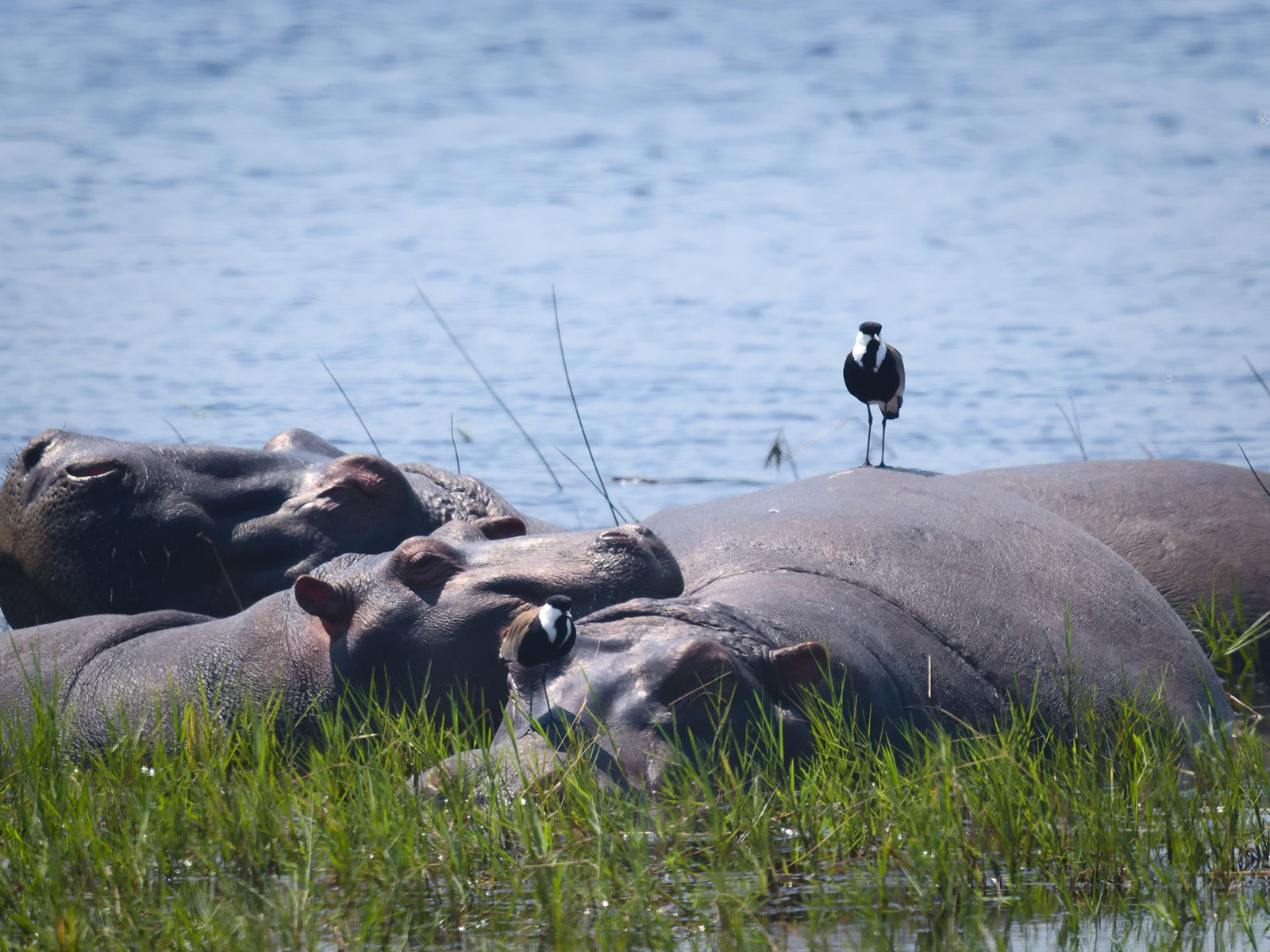
How To Prepare For A Rwanda Safari
July 20, 2023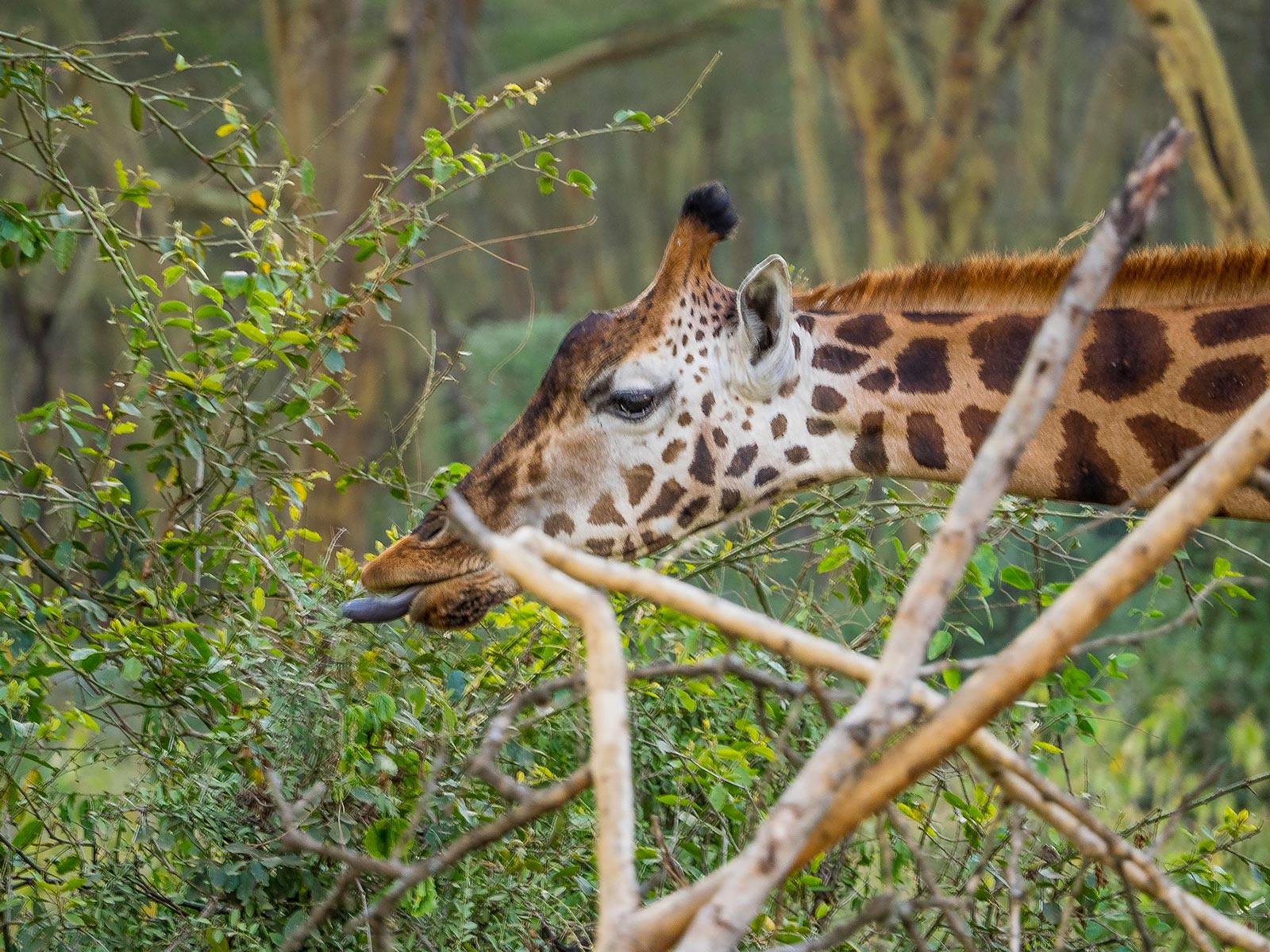
Planning A Family Safari in Uganda
July 20, 2023Preparing for an Unforgettable Safari in Uganda Weeks Before You Leave Home
Congratulations! You’ve booked your first safari in Uganda, known as the Pearl of Africa, and the excitement of encountering endangered mountain gorillas in their natural habitat is undoubtedly overwhelming. This once-in-a-lifetime experience is said to be one of the most transformative adventures in the African wilderness. Imagine hiking through Uganda’s impenetrable rain forests, surrounded by mist and dense vegetation, with the hope of coming face to face with a primate five times your size. The anticipation of waking up in the remotest parts of Africa, where anything seems possible, fills you with excitement akin to a summer breeze.
As your trip date approaches, it’s essential to be well-prepared for this extraordinary journey. Here’s how to get ready for your safari in Uganda a few weeks before departure, and we’ll provide you with valuable information to know before you leave home.
Shaping Your Expectations:
Before arriving at your destination, it’s beneficial to have a clear understanding of what to expect during your safari. This will help you manage your expectations and allow you to appreciate every moment of your journey fully.
As a first-time visitor to Uganda, expect to be welcomed warmly by the local people. Ugandans are known for their friendliness and welcoming spirit, making you feel at home throughout your trip. Keep in mind that you’ll be covering long distances between destinations, often spending more than four hours and up to ten hours in the back of a 4×4 vehicle to reach the gorilla parks. Some roads, especially around national parks, may be unpaved, resulting in bumpy rides.
Finding gorillas in the mountain rainforest is no easy feat. Be prepared to hike for undetermined hours through steep, misty, muddy, and thick jungles at high altitudes to encounter these magnificent creatures. Ensuring good physical fitness is essential to withstand extended periods of hiking at high altitudes.
During your safari, you’ll embark on game drives in the early morning and evening when wildlife is more active. It’s important to understand that animals are not spread all over the place, and you may not encounter them constantly. Patience is key, as you may spend hours in your 4×4 safari car searching for different animals, with the peak excitement coming when you finally spot lions, leopards, or buffaloes after hours of observation.
Keep in mind that your days will likely start early and end late, as you’ll want to make the most of your time in Uganda. However, it’s essential to plan some downtime each day to rest and unwind amidst the exciting adventures.
Avoid relying too much on online reviews after booking your safari, as they may create unrealistic expectations. Each traveler’s experience is subjective and unique, influenced by various factors such as seasons, cultures, and individual preferences. Embrace the opportunity to create your own unforgettable memories without undue influence from others’ experiences.
Process Your Visa & Vaccines:
Be proactive in processing your Uganda tourist visa online at visas.immigration.go.ug at least four weeks before your trip. Gather the necessary digital items, including a clear scan of your passport’s information page (with six months validity), a recent passport-type photograph with a white background, a copy of the International Certificate of Vaccination (ICV) for yellow fever, and a completed daily travel plan with specified destinations and times. Ensure you also have a flight itinerary under your name, showcasing your entry and exit flights to and from Uganda.
For your health and safety, consult your doctor a few weeks before your trip to receive the recommended vaccinations for Uganda. These may include hepatitis A, hepatitis B, typhoid, cholera, yellow fever, rabies, meningitis, polio, measles, mumps, rubella (MMR), Tdap (tetanus, diphtheria, and pertussis), chickenpox, shingles, pneumonia, and influenza.
Check Your Health & Fitness:
Before embarking on your safari in Uganda, it’s essential to ensure you are in good health and physically prepared for the challenges ahead. While vaccination requirements and COVID-19-related entry protocols may have been updated or lifted, it’s still crucial to prioritize your well-being during travel.
If your safari involves activities like gorilla trekking or hiking, physical fitness is of utmost importance. Gorillas can only be accessed on foot, and the terrain can be demanding, especially in the tropical rainforests. To enjoy your adventure to the fullest, consider engaging in activities that build your fitness levels and prepare your muscles for trekking in uneven terrains for extended periods.
Regular visits to your local gym or participating in exercises that strengthen your body can significantly contribute to your overall physical preparedness. Trekking through Uganda’s pristine rainforests requires endurance and strength, so it’s essential to build up your stamina before your journey.
By taking care of your health and fitness, you’ll be better equipped to fully appreciate the breathtaking landscapes and incredible wildlife encounters that await you in Uganda. Remember to consult with your healthcare provider if you have any health concerns or specific fitness goals for your safari adventure.
Plan What To Pack:
Packing for your safari in Uganda requires careful consideration, as the country offers diverse activities with unique packing requirements. The southwestern regions, where you’ll likely spend most of your time, can be chilly in the mornings and evenings. The gorilla parks experience unpredictable downpours during the rainy seasons, so pack accordingly to stay warm and dry. Include items like a light rain jacket, sweater, and clothing to cover your limbs.
For gorilla trekking, pack light waterproof hiking shoes, a waterproof backpack, bug repellent, light trousers, and a long-sleeved shirt to protect against thorny plants. As you’ll be physically engaged, opt for lightweight items to avoid unnecessary strain during the trek.
During game drives and boat safaris, you’ll spend time in the back of a 4×4 safari truck, observing wildlife. Pack comfortable clothing such as shorts, dull-colored shirts, light shoes, sunscreen, a hat, binoculars, and a backpack for snacks and your camera. Remember that your suitcase usually stays at the camp during game drives, so only carry essentials that you’ll need during extended outings.
Stay Updated With Your Local Safari Planner:
Instead of relying on internet news bloggers, stay in communication with your local safari manager for the latest travel information. They are well-equipped to provide updates on travel hurdles, unexpected restrictions, and changes in the political landscape, helping you adjust or plan your safari accordingly. Your safari manager serves as your local insurance, ensuring a smooth and enjoyable experience during your trip.
To enhance your knowledge of Uganda, read positive literature about the country’s entertainment, cultures, food, people, and natural history. This information will enrich your interactions with locals and your safari guide, making your journey even more fulfilling.
Start Preparing Your Uganda Safari:
The journey to your Uganda safari begins with proper preparation and planning. Our dedicated help desk is ready to guide you through every step, ensuring you have all the information you need for an unforgettable adventure. Whether it’s educating yourself about your trip, preparing your packing list, or staying updated with local news, we’re here to assist you.
By booking with us, you’ll have access to detailed information about all the properties you’ll visit, assistance with permit processing, and local support for any unexpected eventualities like travel restrictions or health changes.
To get started on your safari preparation, send us an email at info@trekafricatours.com, and our knowledgeable consultants will be thrilled to help you embark on this remarkable journey.

